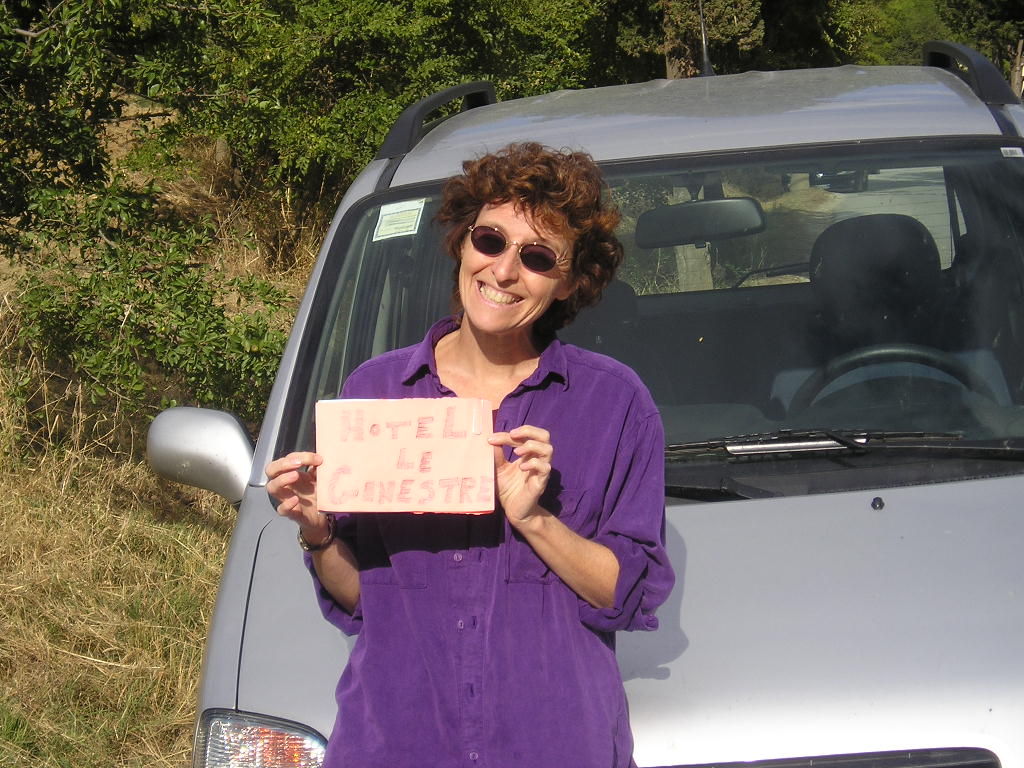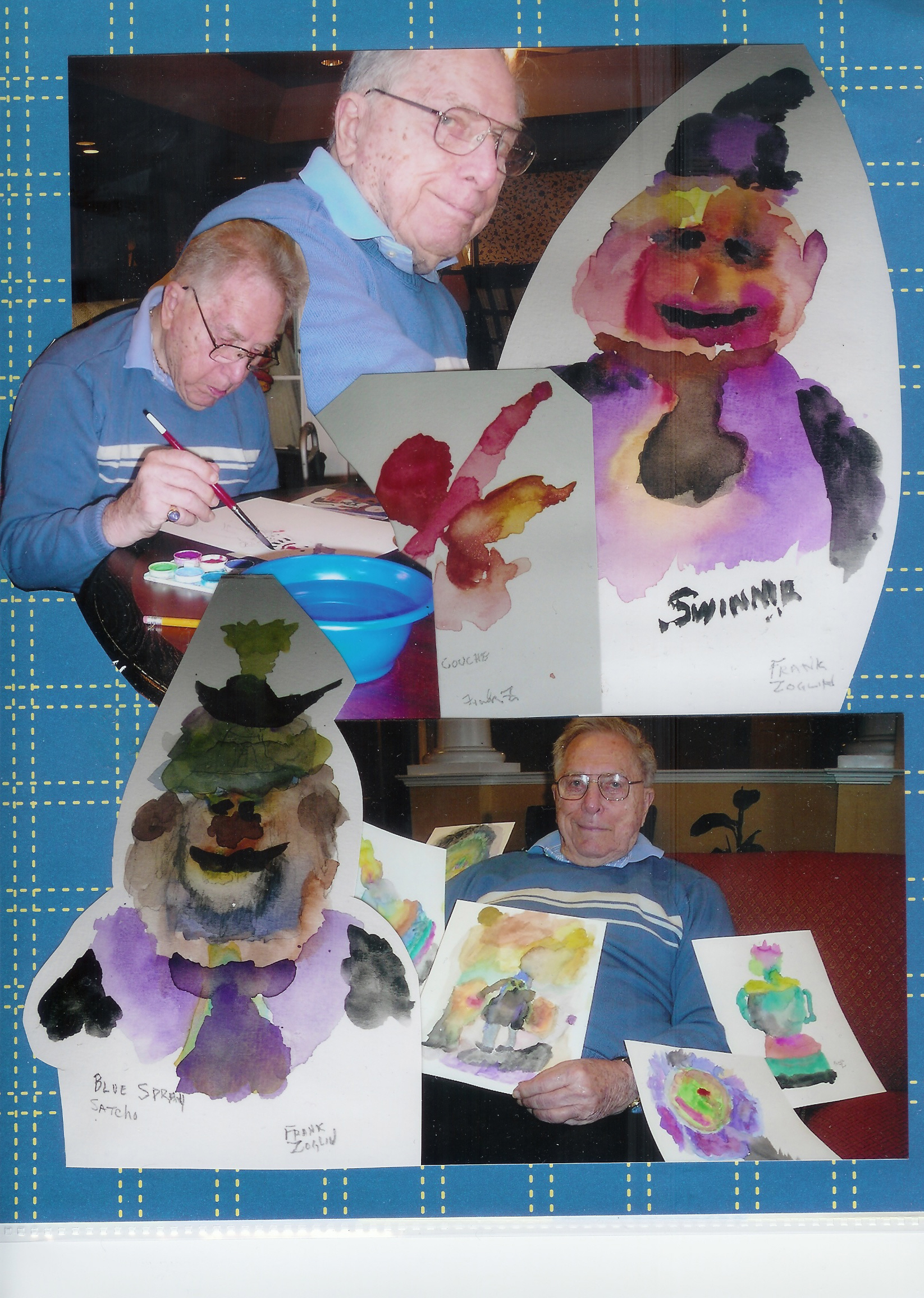Posts Tagged ‘connecting’
Ten Tenets for Choosing Movies to Boost Memories and Moods
Cinema can fill in the empty spaces of your life and your loneliness . Pedro Almodovar
Invite Connections Through Watching Films Together
Most of us who visit care facilities have witnessed the dreaded “people slumped over in front of the television” syndrome. Of course, you don’t want to park your beloved person in front of a screen. But watching an appropriate movie together can be a meaningful experience.
Movies can stir up positive memories and invite conversations, such as discussing a favorite actor, a memorable scene, the old movie theater just a streetcar ride from home, or a special date at the movies.
According to Alzheimer’s.net, a good movie experience can leave a person with Alzheimer’s in a better mood and more engaged with others. A film can also help bridge generations, giving grandparents, children, and grandchildren something to share.
When selecting a movie for viewing, chose a film that is:
- Fun and uplifting
- Easy to understand in terms of plot and characters
- Under two hours
- Void of violence, illness and death
- Appealing to the person who has Alzheimer’s
Choose a comfortable setting with minimal distractions so you can talk during the film, discussing any memories, ideas or questions that the film inspires.
Familiar musicals, such as The Wizard of Oz, Camelot, or Guys and Dolls, often resonate with people who have Alzheimer’s. Other favorite films might include It’s A Wonderful Life and Singin’ In the Rain.
Comfort and Console Yourself with Cinema
Movies can also recharge your spirit, during times when you need a little relaxation and entertainment but you’re too tired to leave the house. My friend Karen Rowinsky, LSCSW, (http://www.overlandparkcounseling.com/) wrote about cinematherapy in a recent blog. She’s an expert on self-care and I wanted to share her suggestions with you.
Here are Karen’s ideas:
Need a laugh, a cathartic crying session, or some excitement in your life? Instead of selecting your next movie by analyzing Rotten Tomatoes, let your choice reflect the mood you desire.
Here are some ideas that may fit the bill:
- Need to getaway from it all? Watch a film from another country.
- Haven’t laughed in a while? Pick an actor or genre that always gets you going.
- Want to release tension? Select a thriller with lots of suspense that will leave you spent.
- Feeling wrapped up in your problems? Find a biographical movie with an inspiring story.
- Desire some mental stimulation? Documentaries or films on a topic you know nothing about can help.
Most of us get stuck in a rut when it comes to movies. Services like Netflix divide their movies into genres and sub-genres. You can look for comedies but then narrow your choices down to dark comedies, slapstick, spoofs, romantic comedies, etc. Trade lists of favorite movies with friends. Better yet, start a film festival with your friends or family, using a theme, a decade, or genre to make your choices.
Self-care can be as easy as a DVD and some popcorn.
###
Deborah Shouse is the author of Love in the Land of Dementia: Finding Hope in the Caregiver’s Journey.
Turning Remembering into Caring
“I am sitting here now as you doze, not in case you remember me, but because I remember you.” Sitting with Grandma by Gail Rixen, from the book Beloved on the Earth: 150 Poems of Grief and Gratitude
So many times I sat with my mom in the activity room of the Memory Care Unit, sharing stories of my life. I gazed at her but no longer hoped she would look at me or pay strict attention to my what I was saying. I simply let the flow of words, the depth of our share history and the steadiness of my love for her connect us.
Recently, I was touched by this post written by Michelle Remold in Lori La Bey’s fascinating blog, Alzheimer’s Speaks. Michelle’s story offers another look at the beauty of using remembrances of a shared history as a way to connect.
“We would visit my grandpa every weekend. Even when he slept, we would spend at least an hour sitting with him and would reminisce about things he used to do with us. We would even send him postcards when we went on trips, not so that he would remember us, but to show that we were thinking about him.
I didn’t go visit him in hopes that he would remember me, but instead because I remembered him and visiting was a way to be with him and to relive the moments and create new memories. Even when he no longer knew who I was, I would run to him, take his hand and we would walk together. Even as I got older, whenever I would talk to him, he would smile. I would sit with him and tell him about my week and everything that was going on. There is no doubt in my mind that deep down he knew me although I never was hopeful he would remember my name. I remembered him in a way that would never be replaced.”
“We do not remember days; we remember moments.” ~Cesare Pavese, The Burning Brand
To learn more about Alzheimer’s Speaks, please visit: http://alzheimersspeaks.wordpress.com/
Deborah Shouse is the author of Love in the Land of Dementia: Finding Hope in the Caregiver’s Journey.
Father’s Day Tips: Four Fabulous Ways to Celebrate When Dad has Dementia
“Dad always liked a big Father’s Day celebration,” my friend told me. “But now he’s deep into dementia; I’m not sure he would notice.”
When Ron’s dad Frank relaxed into dementia, Ron and I often struggled with how to approach Father’s Day. Even though Frank didn’t know what day it was, we still wanted to honor Frank as a father. Here are some of the avenues we explored:
Reminiscing over Favorite Foods
We brought in a meal created from some of Franks’ current favorites and some gems from the past. Frank’s wife Mollie made her world-famous brownies and legendary rice pilaf. We bought cooked steaks and baked potatoes and as we ate, we talked about meals past. Inspired by the familiar tastes, smells and textures, Frank recited one of this favored old phrases: “I’m cool to other women but I’m hot tamale (Hot to Mollie.)”
Naming His Tunes
Frank and Mollie liked to dance occasionally and for one celebration, we printed out song lyrics and sang Frank and Mollie some of their old favorites. We didn’t sound like Sinatra or Fitzgerald as we warbled “It Had to be You,” or “Stardust” or “Three Coins in the Fountain” but we did sound sincere!
Ron and I created a HERO Project for Frank, a story-scrap book that incorporated highlights and photos from Frank’s life, along with a meaningful storyline. We also created one for Mollie. We read the HERO Projects with Frank and Mollie, using the stories as conversational catalysts. Frank enjoyed the experience; we enjoyed reading aloud with Frank and remembering shared experiences.
Celebrating Special Qualities and Life Lessons
As we sat together, we talked about some of Frank’s many stellar qualities, which included his easy-going nature, his natural charm, his entrepreneurial spirit, and his willingness to try new things. “Did I really do that?” Frank asked, as Ron described the bowling alley Frank and his brother owned and operated. “You did,” Ron said.“That was really something,” Frank said.
Frank’s comment summed up our Father’s Day celebration: it was really something. Just being together was wonderful. And taking time to really celebrate Frank with a tender mixture of food, photos, stories, and conversation was pure magic.
For more ideas on Naming His Tunes, please visit the exciting MusicandMemory.org
Deborah Shouse is the author of Love in the Land of Dementia: Finding Hope in the Caregiver’s Journey.
Hearing the Real Meaning: The First and Last Words
Several years ago, Ron and I went to Italy. Every night, I sat up late, taking notes in my travel journal.
Five nights into our trip, Ron asked, “What are you writing? Are you describing the churches we saw today, are you waxing lyrical about the vineyards and fields?”
“No, I’m making a vocabulary list.”
You see, before we left on our trip, we took 12 Italian lessons. I was keeping a list of words I had spoken or understood. I wanted to find out how much each word cost and if our Italian lessons had been worth it. In five days I had only used 50 words—each word from my lips costs more than a bottle of mineral water and less than a glass of wine. I realized I had to be increasingly outgoing if I wanted to make the most of my Italian. 
People’s faces lit up when I tried speaking their language, even when I asked something simple, like, “Where is the bathroom?” One dark evening when we were hopelessly lost, we stopped at the only establishment that was open on the narrow winding road: a bar. I walked in and asked, “Where am I?” in Italian. That one awkward, existential sentence resulted in a kind couple offering to drive ahead of us and lead us to our hotel.
By the end of our trip, I had used or understood 200 words and I had connected with many people. The cost was measurable—the results were priceless. 
Just like my first words of a new language offered me rich connections, my mother’s last words were deeply meaningful. I wrote about this in my story, Words, to the Wise.
Mom is in bed when I visit one afternoon, her eyes open, her hands twisting the blanket, like a kid who’s had enough of her nap. She smiles when I walk in.
“Hi, Mom, how are you?” I certainly expect no direct response from Mom, but the greeting makes me feel normal.
“How are,” she says and I feel a little thrill at this social nicety.
“I’m fine, Mom. How are you?”
“I know what you mean,” she says, staring out towards the hallway.
I am excited by Mom’s pointillistic little monologue. Alzheimer’s has erased most of Mom’s considerable vocabulary and this spill of words is a treat. As I stroke her arm and smile at her, I realize I am literally listening to my mother’s last words.
In the movies, the last words are profound gems of wisdom, uttered upon a deathbed. Those words are a raft to hang on to so you don’t drown with grief. Though my mother is lying in bed, she is definitely not dying. In fact, given her vast years and advanced Alzheimer’s, she’s relatively physically healthy.
“Well we item” Mom says. “All right”
She no longer needs a listener’s approval. She no longer checks for understanding. The words spill out, like the random winnings from a nickel slot machine.
“So, but that’s,” Mom says, as I touch her leg.
“Why.”
“Oh.”
Each word is an independent contractor, a one-act play. Mom’s words require interpretation, involvement, imagination and curiosity. Unlike last words in a deathbed scene, Mom’s words do not neatly sum up her life or her philosophy. Still, these words are gifts. Many visits have gone by with the barest scraps of language. I get out my pen and paper and write down every one of my mother’s last words.
As I write, I imagine she is giving me a secret code, sending me a message from the last cognitive bastion of her brain. “I don’t know. I paid. I’ll try.” What depth, what meaning, what spiritual significance these simple phrases might have!
*****
Q 4 U
Are there times when a few words have made a big difference?

